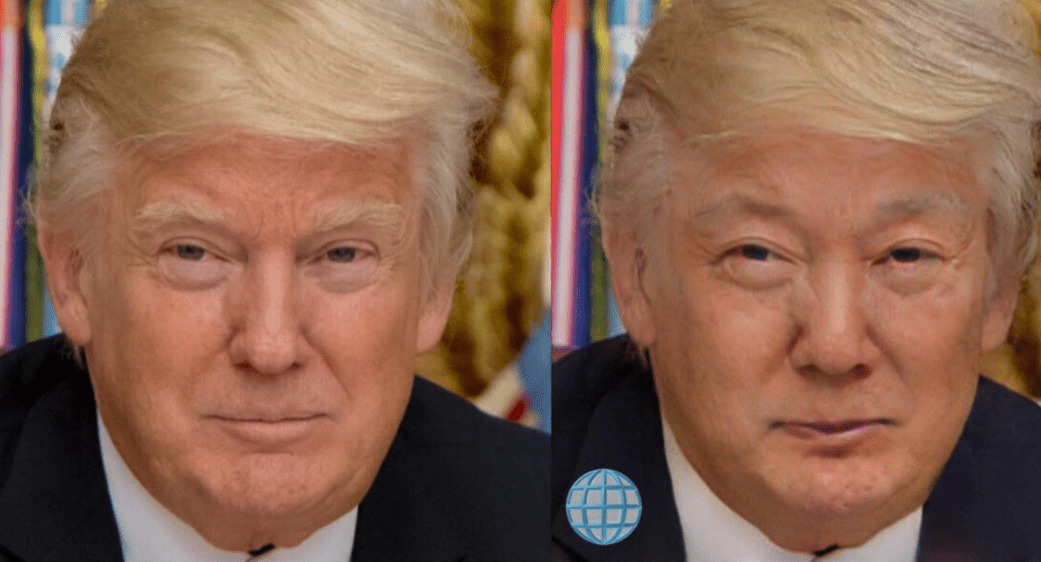
Update: Shortly after this article was posted, and after a brief correspondence with FaceApp’s founder in which we pointed out that the product does not exist in a societal vacuum, FaceApp’s founder emailed to say it would be removing the ethnicity filters.
“The new controversial filters will be removed in the next few hours,” Goncharov told us.
At the time of writing the filters have indeed been removed.
Our original article follows below…
FaceApp, ignoring its own previous missteps and those of others, has wandered back into controversy with a new update launching today that adds “ethnicity change filters,” allowing users to see what it would look like if they were Caucasian, Black, Asian or Indian.
When the company launched last year, there were some reports that filters designed to make users look “hotter” was just, in fact, making them whiter. Now, with four of the 10 filters available in the free version of the app being explicitly devoted to “changing” ethnicities, FaceApp seems to be getting a little too focused on races rather than faces.
The app, which has 40 million installs across Android and iOS devices, just launched a 2.0 update last week, which added paid “style” filters designed to make users look better by adding makeup or a hipster beard.
Face filters are an admittedly difficult technology to navigate from a cultural standpoint, but there have been enough controversies with apps like MSQRD (acquired by Facebook) and Snapchat for young startups to learn from and avoid making mistakes. Unfortunately, though FaceApp has already endured its own controversy, its misguided efforts to correct them… aren’t a great look.
It seems apparent the founder just made some dumb decisions in his efforts to evade further controversy. FaceApp CEO Yaroslav Goncharov stressed that any of the filters designed to make people’s faces look better would preserve the ethnicity of the user, while the “ethnicity change filters” were “designed to be equal in all aspects,” Goncharov told TechCrunch in a statement. “They don’t have any positive or negative connotations associated with them. They are even represented by the same icon. In addition to that, the list of those filters is shuffled for every photo, so each user sees them in a different order,” he added.
The app’s face-altering technologies are undoubtedly improving and it’s clear the app could have some very cool use cases, but ethnicity filters are a bad direction in which to be moving.
Source:-tc







